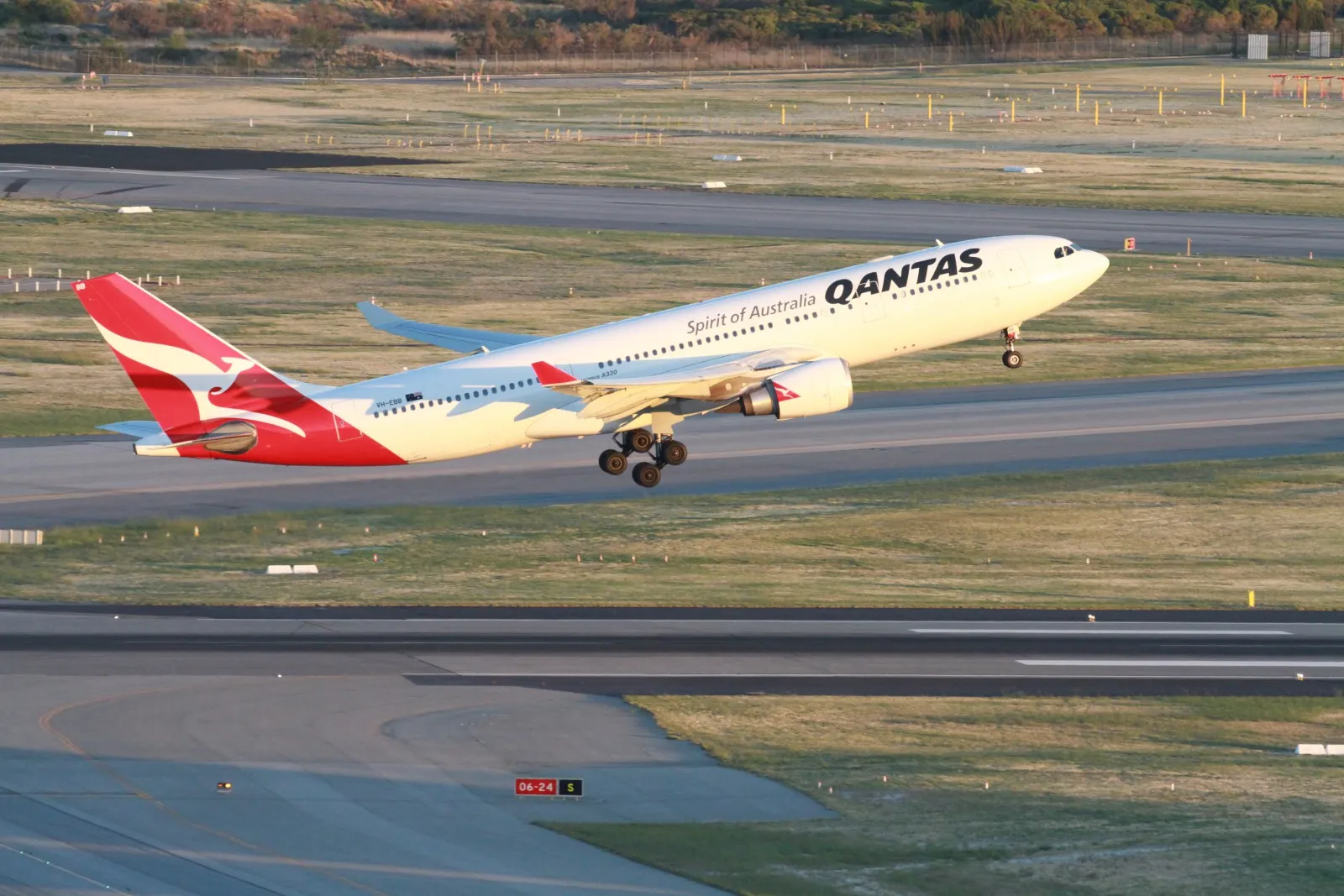
Qantas to cancel international flight attendants agreement
Jan 20, 2022

Qantas has announced its decision to cancel the international flight attendants' agreement, a move that has sparked significant concern among employees and unions. This decision comes amid ongoing discussions about workforce management and operational efficiency in the wake of challenges faced by the airline industry. The cancellation is expected to impact job security and working conditions for flight attendants, leading to potential disputes and negotiations. Qantas aims to streamline its operations, but the decision raises questions about the future of employee relations and the airline's commitment to its workforce. Unions are likely to respond with calls for reinstatement and improved negotiations.
In a significant move that has garnered attention across the aviation industry, Qantas has announced its decision to cancel the international flight attendants' agreement. This development raises numerous questions about the future of the airline's operations and its impact on staff and passengers alike. Below, we delve into the key aspects of this decision, including potential repercussions and insights into Qantas' strategic direction.
Understanding the Implications of the Cancellation
The cancellation of the international flight attendants' agreement signifies a shift in Qantas' operational strategy. By modifying its existing agreements, the airline aims to enhance efficiency and adapt to the evolving market conditions. This decision could lead to significant changes in how Qantas manages its international flights and staffing.
| Aspect | Details |
|---|---|
| Reason for Cancellation | To improve operational efficiency and adapt to market changes. |
| Impact on Staff | Potential job restructuring and negotiations for new contracts. |
| Passenger Experience | Possible changes in service quality and staffing levels on international flights. |
| Future Strategies | Focus on cost reduction and improved service delivery. |
Reactions from Industry Experts
Industry experts have expressed mixed feelings about Qantas' decision. Many believe that while the move may streamline operations, it could also lead to a decrease in employee morale. The aviation sector has been navigating through challenging times, and maintaining a motivated workforce is crucial for providing quality service.
Furthermore, the cancellation of the international flight attendants' agreement could prompt other airlines to reconsider their own staffing agreements. As competition intensifies, airlines must find ways to balance operational costs with the need for skilled personnel to ensure passenger satisfaction.
Understanding Qantas' Strategic Direction
This latest decision aligns with Qantas' broader strategic direction aimed at enhancing operational resilience. As the airline continues to rebound from the impacts of the pandemic, it is crucial to remain flexible and responsive to market demands. By restructuring agreements, Qantas is positioning itself to better navigate future challenges.
It is also important to note that Qantas is not alone in this endeavor. Many airlines worldwide are reevaluating their staffing agreements as they look to optimize their operations. The focus on cost efficiency is becoming increasingly vital in a post-pandemic world where every dollar counts.
Potential Effects on International Flight Services
The cancellation of the international flight attendants' agreement may result in several changes to Qantas' international flight services:
- Staffing Levels: Qantas may reduce the number of flight attendants on certain international routes, impacting the level of service provided to passengers.
- Service Quality: With fewer staff members, there may be concerns regarding the overall quality of service, especially on long-haul flights.
- Operational Flexibility: The airline could gain increased flexibility in adjusting staffing based on demand, allowing for a more dynamic approach to operations.
Looking Ahead: What Does This Mean for Passengers?
For passengers, the decision to cancel the international flight attendants' agreement could lead to mixed experiences. While some travelers may notice changes in service quality, others may appreciate the potential for more competitive pricing as Qantas seeks to streamline its operations.
Passengers should remain informed about any forthcoming changes to flight schedules, staffing, and service expectations. As Qantas navigates this transition, communication will be key in maintaining passenger trust and loyalty.
Conclusion
In summary, Qantas' decision to cancel the international flight attendants' agreement represents a pivotal moment for the airline as it seeks to adapt to an ever-changing landscape. While the implications for staff and passengers are yet to be fully realized, it is evident that Qantas is focused on enhancing operational efficiency. As the airline continues to evolve, stakeholders will need to pay close attention to the outcomes of this significant decision.
As the situation unfolds, industry observers and travelers alike will be keen to see how Qantas balances its operational goals with the need to maintain high service standards. This balance will be essential in ensuring that the airline remains competitive in the global market.
Related Articles

Explore Thailand: The Best Islands to Visit for Paradise, Adventure, and Relaxation

The Ultimate Guide to the Best Islands in Thailand for Your Next Getaway

Do babies need passports? How to get a passport for a newborn

How to get a U.S. passport fast: here’s how to expedite the process

What is Mobile Passport Control: 5 reasons why you should use it

SENTRI vs. Global Entry: A detailed guide

Do you need a passport to go to the Bahamas? Let’s find out

Do you need a passport to go to Mexico? A detailed guide

Do you need a passport to go to Canada? We got the answer

Do You Need a Passport for a Cruise: An Essential Travel Guide

Booster Seat Requirements: All the Rules to Follow in Your Rental Car

What Are the World’s Most Powerful Passports, and How Does Yours Rank?

How to Take a Passport Photo at Home: A Helpful Guide

You've got to have heart! Southwest's new livery

Your opinion: Should water be free on low cost carriers?

Young women bolder than guys as solo travellers
